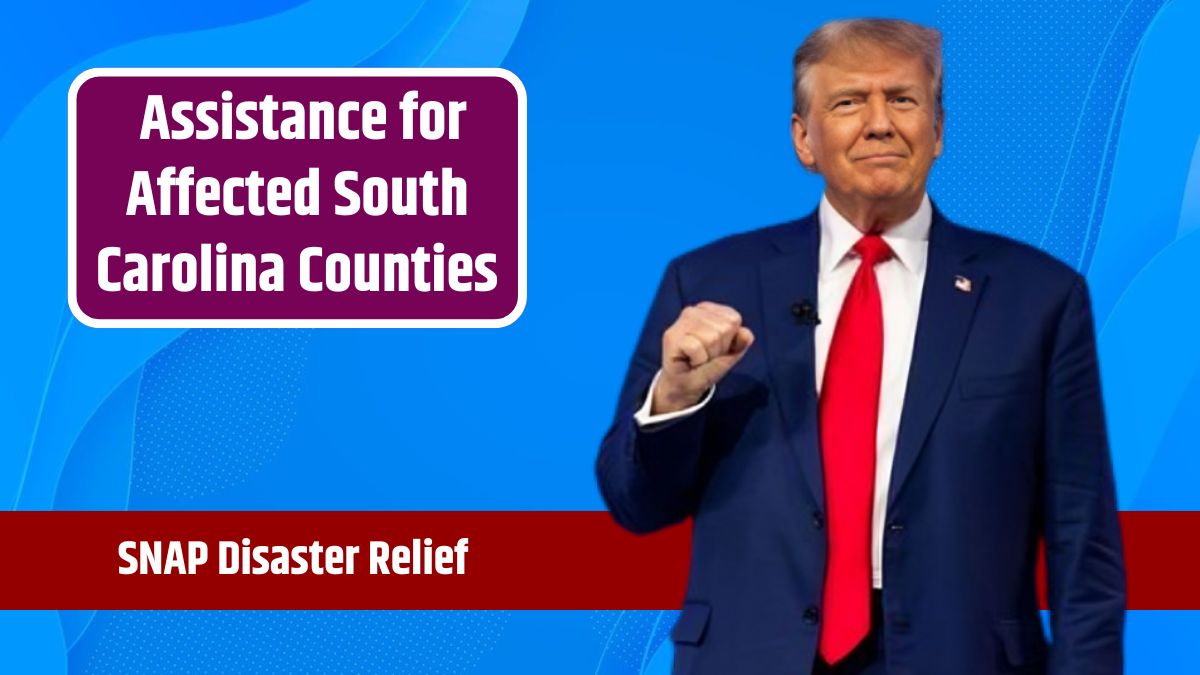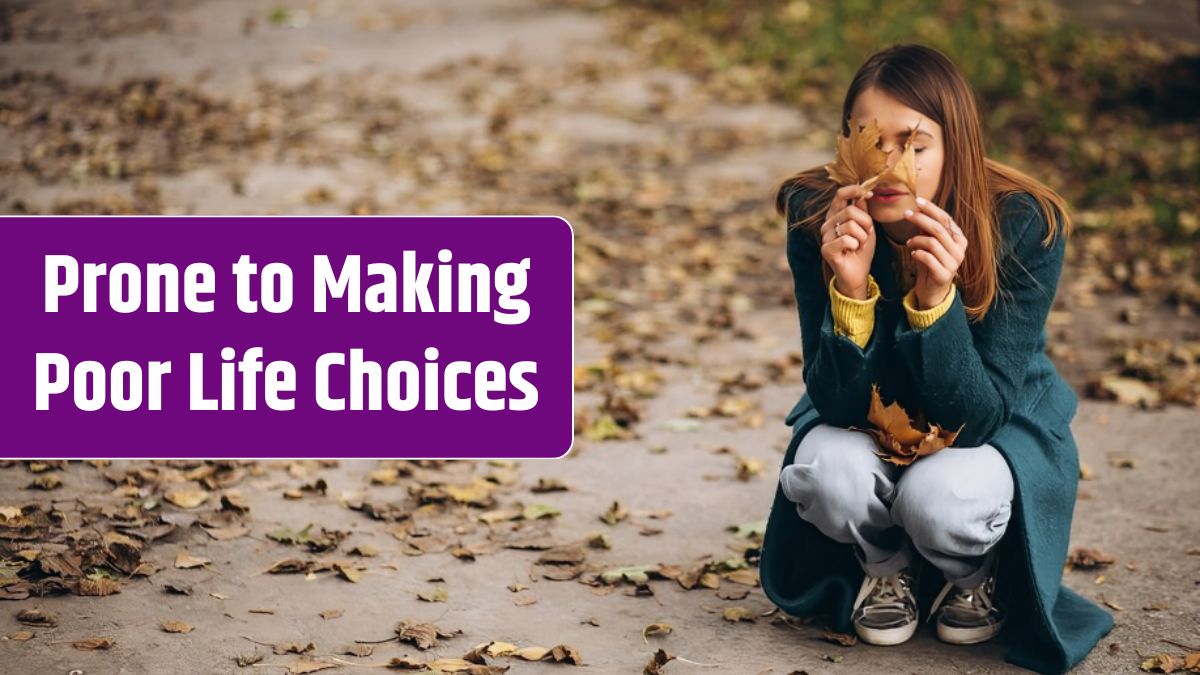In the aftermath of Hurricane Helene, the South Carolina Department of Social Services (DSS) has launched a disaster-related assistance program known as DSNAP. This initiative aims to provide much-needed food support to families who have experienced significant losses due to the storm. Here’s a comprehensive guide on how DSNAP works, who qualifies, and how you can apply if you’ve been impacted.
DSNAP
Disaster Supplemental Nutrition Assistance Program (DSNAP) is a specialized version of the regular SNAP benefits program designed for emergency situations. When a natural disaster like Hurricane Helene strikes, many families face unexpected expenses, loss of income, or damage to their homes. DSNAP helps to alleviate these financial burdens by providing temporary food assistance.
Unlike regular SNAP benefits, DSNAP is tailored specifically for those affected by a declared disaster. Benefits are issued on reloadable Electronic Benefit Transfer (EBT) cards, which recipients can use to purchase food at authorized SNAP retailers. The goal is to offer rapid support to help families meet their immediate food needs without compromising their ability to cover other essential costs.
Which Counties Are Eligible
To ensure a smooth rollout, the DSS is implementing the DSNAP program in phases. The first phase targets the counties that were hit hardest by Hurricane Helene, allowing residents to pre-register and complete eligibility assessments. The counties included in the first phase are:
- Aiken
- Allendale
- Anderson
- Bamberg
- Barnwell
- Beaufort
- Cherokee
- Hampton
- Laurens
- McCormick
- Saluda
- Spartanburg
- Union
- York
These areas have been identified as needing immediate assistance due to significant storm-related damage and economic disruptions.
Upcoming Counties
The DSS has also confirmed that additional counties will be included in future phases of the DSNAP program. These will cover more regions within the Midlands of South Carolina, including:
- Fairfield
- Kershaw
- Lexington
- Newberry
- Orangeburg
- Richland
As the program expands, more residents affected by Hurricane Helene will have access to this vital assistance.
How to Qualify
Eligibility for DSNAP is based on specific criteria related to the impact of Hurricane Helene. Households must meet the following conditions to qualify:
- Residency: You must have lived in one of the designated counties at the time of Hurricane Helene.
- Disaster-Related Losses: You must have experienced one or more of the following:
- Damage to or destruction of your primary residence
- Loss of income or restricted access to income due to hurricane-related issues
- Out-of-pocket expenses related to the disaster (e.g., home repairs, temporary lodging) that are unlikely to be reimbursed during the benefit period
It’s important to note that food loss alone does not qualify a household for DSNAP. The DSS requires evidence of additional, non-reimbursable losses beyond food spoilage.
How to Apply
The DSNAP application process is straightforward and designed for quick evaluation. Here’s how you can apply:
- Pre-Registration: Eligible residents must first pre-register for the program. This can be done online through the South Carolina DSS website or by phone.
- Telephone Interview: After pre-registering, applicants will participate in a phone interview to verify their eligibility. During the interview, you may be asked to provide details about your losses and financial situation.
- Receiving Benefits: If approved, you’ll receive a DSNAP EBT card, which can be used at any authorized SNAP retailer to purchase food. The card is pre-loaded with the appropriate benefit amount based on household size and needs.
This streamlined process allows families to get the support they need as quickly as possible, reducing the wait time for assistance.
Benefits
DSNAP benefits work like regular SNAP benefits and can be used to buy most food items, including:
- Fresh fruits and vegetables
- Meat, poultry, and fish
- Dairy products
- Bread and cereals
- Snack foods and non-alcoholic beverages
However, DSNAP cannot be used for:
- Alcoholic beverages
- Tobacco products
- Vitamins, medicines, and supplements
- Hot foods or ready-to-eat meals
Disaster Recovery
The DSNAP program plays a crucial role in helping families recover from natural disasters like Hurricane Helene. By offering temporary food assistance, the program allows affected households to focus their limited resources on other urgent needs, such as home repairs, medical expenses, and temporary shelter.
For many families, the aftermath of a hurricane brings unexpected costs and disruptions. The availability of DSNAP ensures that they can still put food on the table without straining their finances further. This initiative reflects the commitment of the South Carolina DSS and the broader SNAP program to provide timely, effective support during times of crisis.
FAQs
What is DSNAP?
DSNAP is a disaster-specific version of SNAP that provides temporary food assistance after a natural disaster.
Which counties are eligible for the first phase of DSNAP?
Counties include Aiken, Anderson, Beaufort, Cherokee, Spartanburg, and more.
Can food loss alone qualify me for DSNAP?
No, additional disaster-related losses beyond food spoilage are required to qualify.
How can I apply for DSNAP assistance?
Pre-register online or by phone, then complete a phone interview to verify eligibility.
What items can I purchase with DSNAP benefits?
You can buy most food items like meat, dairy, fruits, and vegetables, but not alcohol or hot foods.






